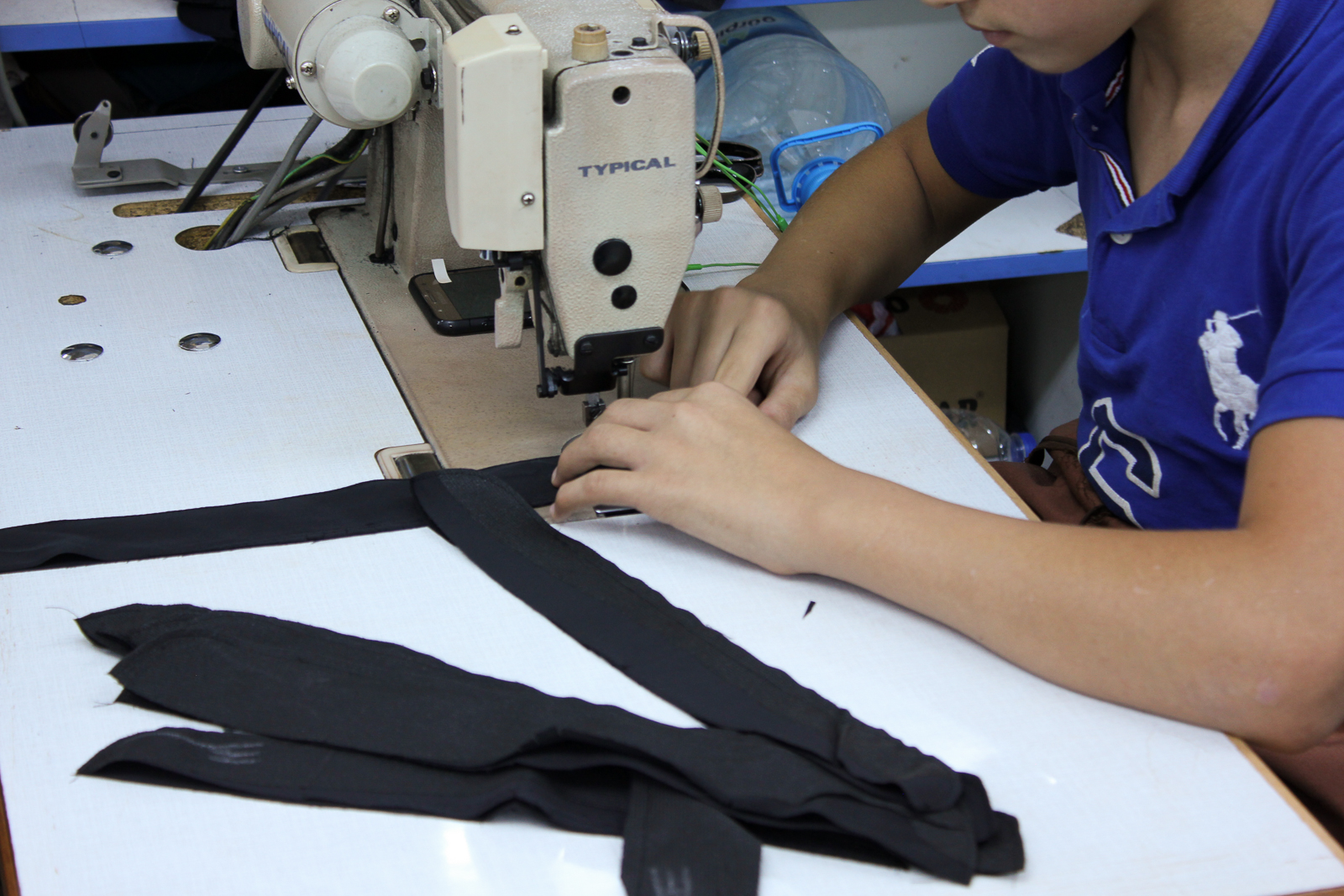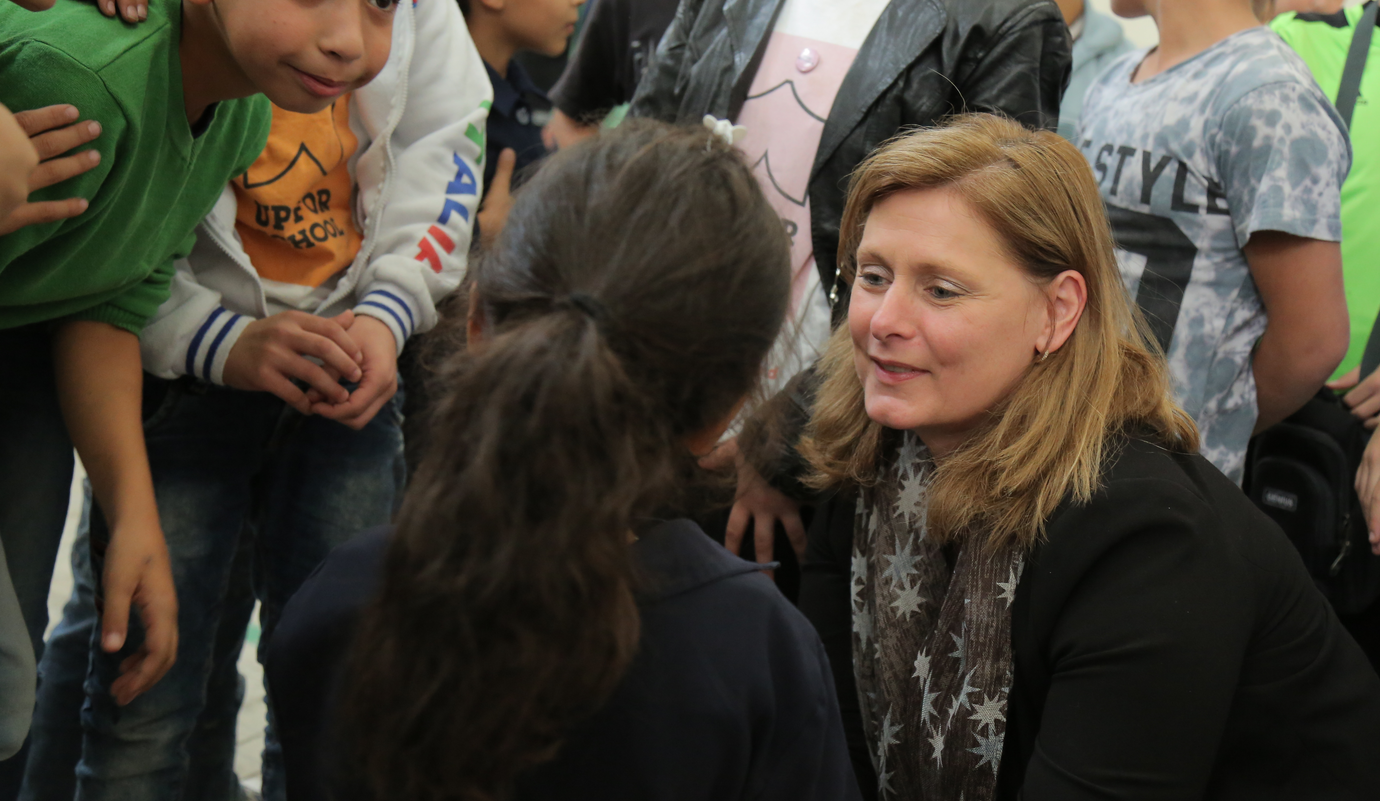
Naveen goes from child labourer to schoolboy and prize-winning inventor
Barriers to education, Child labour, Right to education
At the age of 12, the Indian boy solved the problem of smoke from cooking fires getting into classrooms - and now other schools are using his solution.
The odds were stacked against Naveen right from the start. Born into a poor family in India, he dropped out of school to work at a roadside tea stall to help support them.
But a child rights organisation persuaded his parents he should be allowed to go back to his studies.
Naveen’s remarkable journey didn’t stop there. He decided to do something about the smoke from cooking fires that hung around the school classrooms.
So – at the age of 12 – he invented a solution to make the air cleaner using raw materials like coconut shells and won a national award. Now his invention is being used by other schools and Naveen is dreaming of becoming an engineer.
“For me, it was an opportunity to breathe free, both at school and back home,” Naveen said.
“It feels so much better being in the classroom now, not to breathe in the sooty air all the time.”
Naveen was raised in the village of Madanapalli in the Chittoor district of Andhra Pradesh. His father was a vegetable vendor and his son had to drop out of school in the fourth grade to work at a tea stall and contribute money to the household.
It was a common picture in the area. India has more than 11 million child labourers aged from five to 14 and 80% are in rural areas.
So when the project staff of PORD (People’s Organisation for Rural Development) – a grassroots NGO supported by the organisation CRY (Child Rights and You) – tried to get him back to school, the family resisted.
Without Naveen’s money they would struggle. But after several rounds of talks, his parents agreed he could return to education. The PORD team in return helped them to get ration cards and access to government financial schemes.
Naveen was thrilled to be back at school. But the classrooms were affected by black smoke and soot from cooking fires when the school’s midday meals were prepared.

It would be the same at home when his mother cooked the family dinner – everyone would be coughing and rubbing their eyes.
Naveen decided something had to be done and invented an eco-friendly way of cooking using natural fuels including dried coconut shells and cellulose lime powder.
His invention was submitted by his school to a district science competition. From there it was one of the 70 chosen from 450 at state level. Then Naveen was one of five national winners recognised by the Ministry of Science and Technology.
Suma Ravi, Regional Director (South) of CRY, said: “The innate talent of Naveen would have remained unrecognised had he continued to work as child labour.
“Allowing children to work is a gross violation of their basic rights. It not just deprives them of a healthy growth, mentally and physically, but it has far-reaching implications on their overall development.
“The premise that education and work can go hand in hand is faulty in the first place. CRY’s on-the-ground experience reveals children like Naveen and million others in similar situations drop out of school, unable to bear the additional burden of education.”
More news

“Education can help to end child trafficking”
